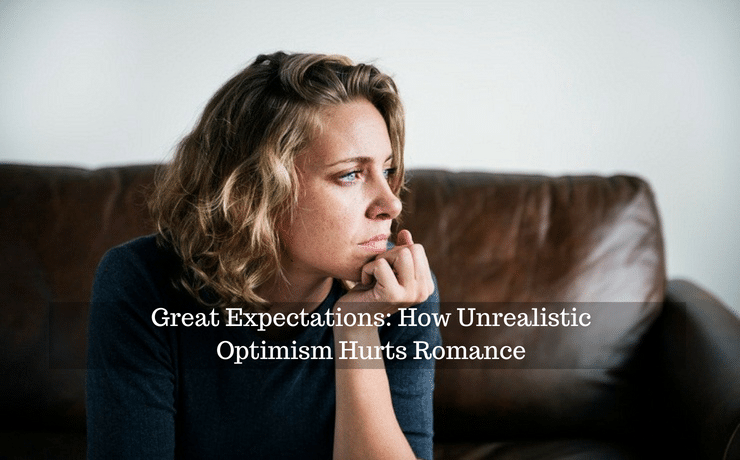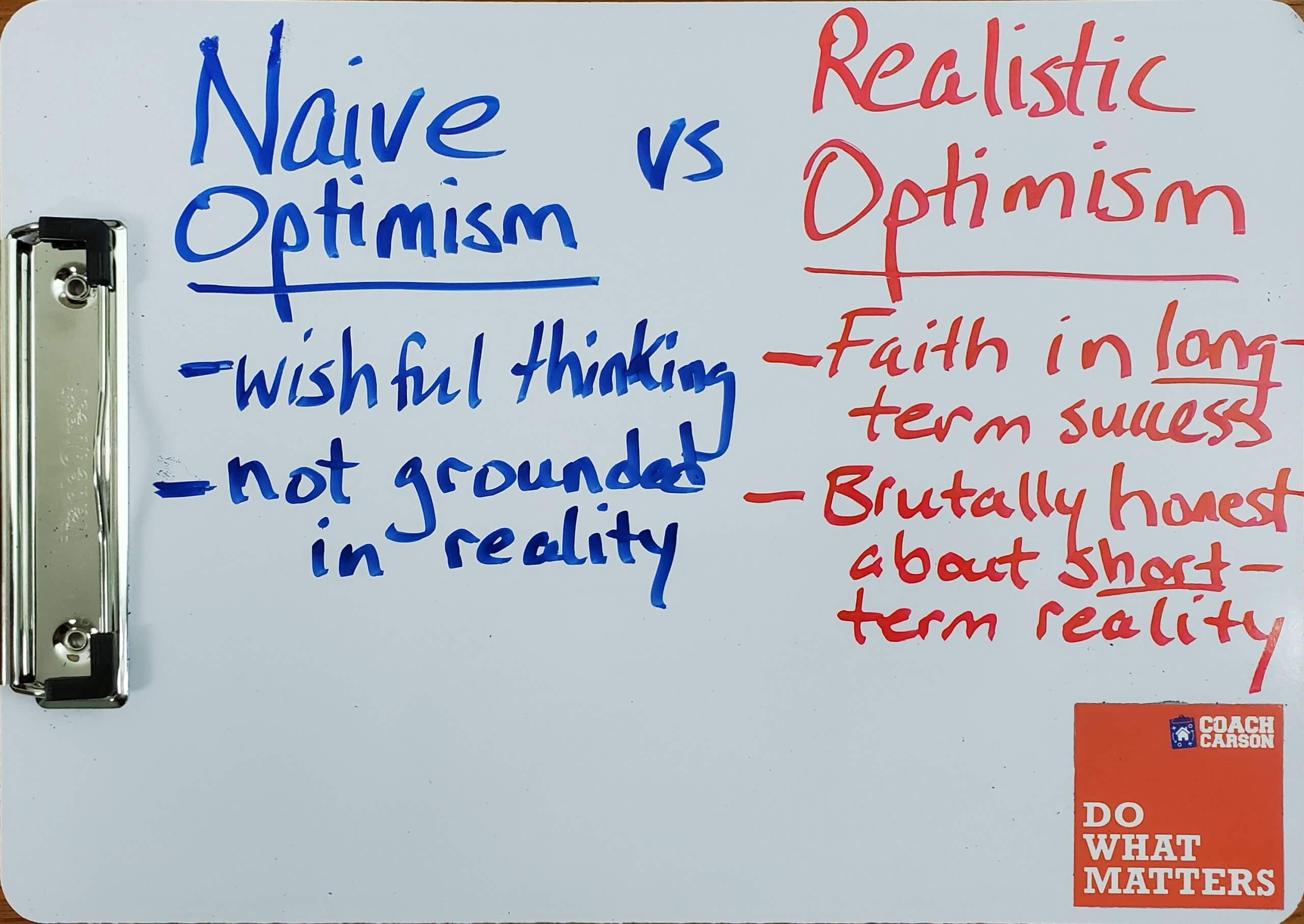
First, in some studies, participants are explicitly instructed to rate the likelihood they will experience some adverse event, such as a snake bite, relative to other individuals-usually on scales ranging from "much less likely" to "much more likely". Two main approaches are applied to assess optimism bias. Individuals tend to feel they are less vulnerable to environmental degradation and problems, such as air pollution, than peers (Hatfield & Job, 2000). Students tend to overestimate their capacity to pay debts relative to their peers (Seaward & Kemp, 2000).
Unrealistic optimism regression driver#
Motorists tend to feel they are less likely to be involved in a car accident than is the average driver (Dalziel & Job, 1997). For example, smokers tend to feel they are less likely than other individuals who smoke to be afflicted with lung cancer (Windschitl, 2002 also see Weinstein, Slovic, Gibson, & Waters, 2004). Optimism bias has been uncovered in a vast range of settings. When individuals feel anxious or unconfident, for instance, optimism bias tends to diminish. Research has uncovered several factors that amplify or inhibit the probability that individuals will underestimate some risk.


They might not, for example, wear seatbelts. As a consequence of this bias, some individuals might disregard precautions that might curb these risks.
Unrealistic optimism regression skin#

A cross-sectional study recruited 216 farmers from the Otago and Southland regions of New Zealand. This study tested the hypotheses that farmers with greater unrealistic optimism (UO), fatalistic beliefs or a propensity for risk-taking are more susceptible to quad bike loss-of-control events (LCEs). The promotion of safety behaviors has not reduced this risk. Use of these vehicles, however, carries some risk. Quad bikes are used extensively in agriculture. Are Agricultural Quad Bike Loss-Of-Control Events Driven by Unrealistic Optimism?


 0 kommentar(er)
0 kommentar(er)
